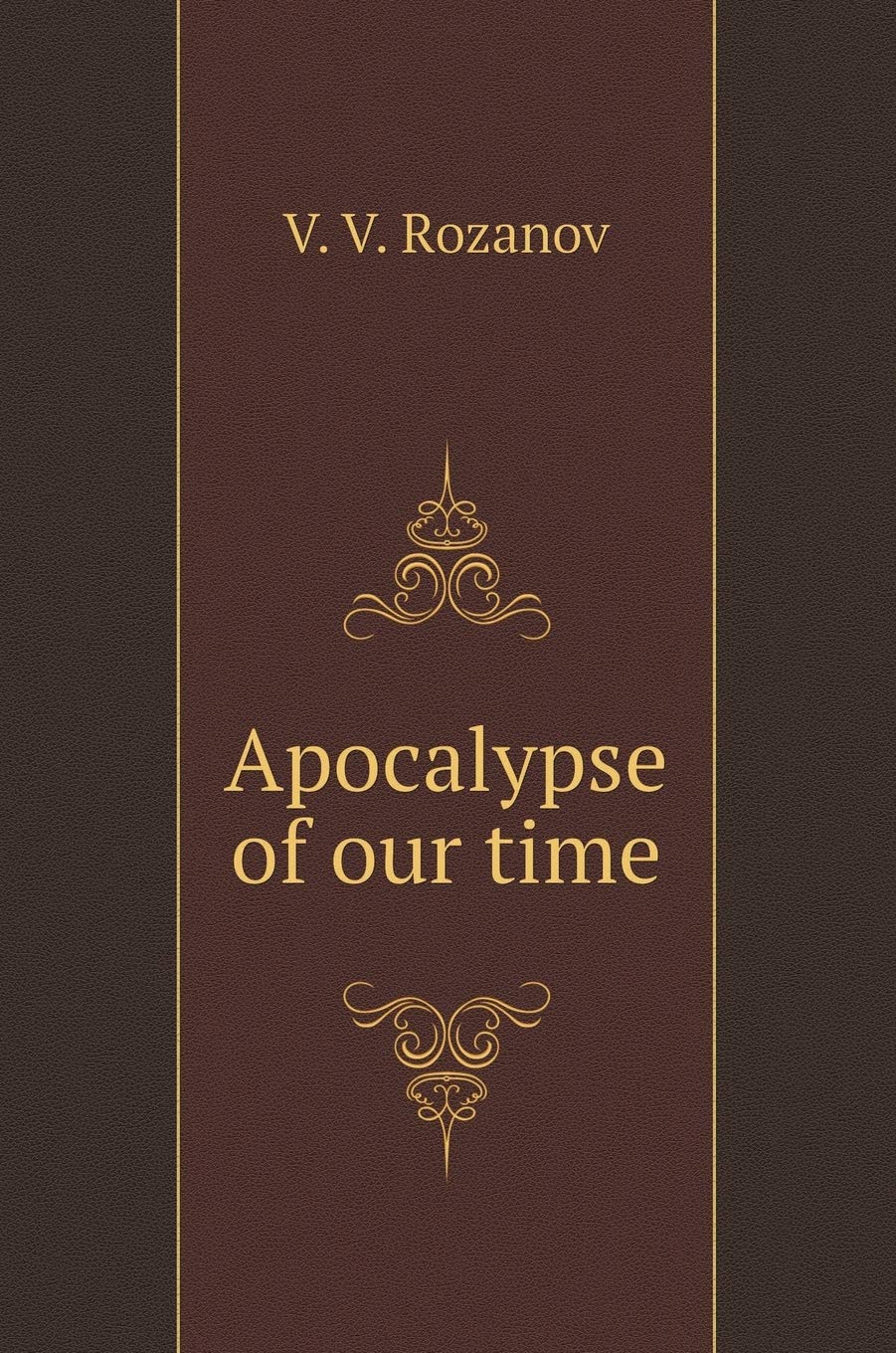What do you think?
Rate this book


60 pages, Hardcover
First published January 1, 1918
Reading letters sometimes for my servants, I was often struck by the color of speech of the common people, of their souls, of their outlook and way of life. And I thought: 'Yes, this is literature, the finest literature!' Writers' letters are boring and colorless on the whole. Like misers, they keep the 'best bits' for publishing, and their letters are faded, dim…